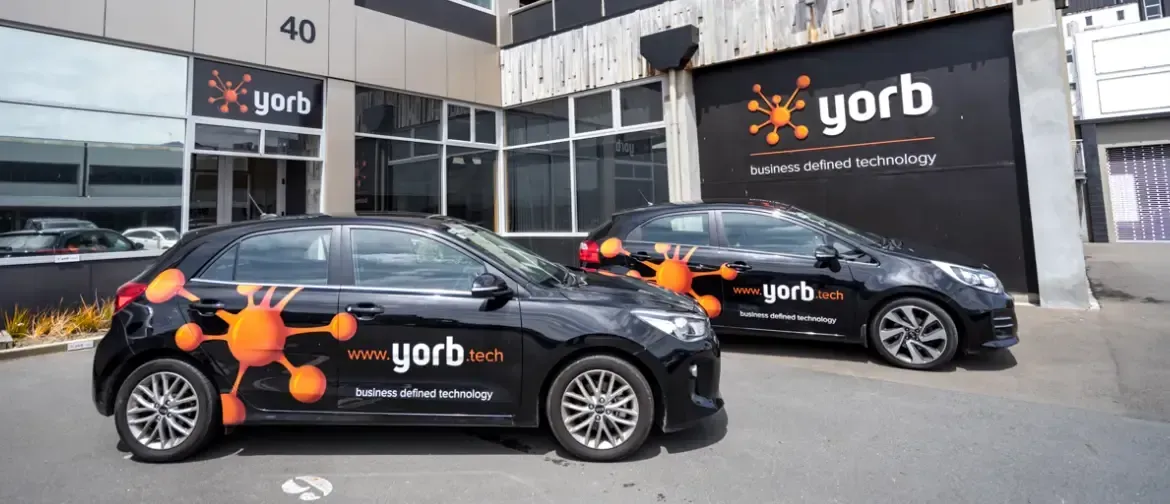The Importance of SEO
Alastair Manning • May 30, 2023
In today's digital landscape, where online presence is crucial for businesses, Search Engine Optimisation (SEO) has emerged as a powerful tool. This article aims to highlight the significance of SEO in driving organic traffic, enhancing user experience, building credibility, and achieving long-term success. By incorporating SEO best practices, businesses can effectively reach their target audience, stay ahead of the competition, and maximize their marketing efforts.
What is SEO?
SEO encompasses techniques and strategies to improve a website's organic visibility on search engine result pages (SERPs). It involves various elements, including keyword research, on-page and off-page optimisation, link building, and technical optimisation, all working together to enhance a website's search engine friendliness.
Why is SEO important?
Increased visibility and organic traffic
A higher ranking in search engine results leads to increased visibility and exposure to a larger audience. By appearing on the first page of search results, businesses can attract more organic traffic and potential customers to their websites.
Improved user experience
SEO involves optimising a website's structure, design, and content to enhance user experience. By improving site navigation, reducing page load times, and providing valuable and relevant content, businesses can create a positive user experience that keeps visitors engaged and encourages them to stay longer.
Credibility and trust
When a website ranks higher in search results, it is often perceived as more trustworthy and credible. Users tend to trust search engines like Google, and if a website appears at the top, it gains credibility and instils trust in the minds of users, which can lead to increased conversions and customer loyalty.
Long-term investment
SEO is a long-term investment with lasting benefits. Unlike paid advertising, which stops delivering results once the campaign ends, SEO efforts can continue to drive organic traffic and generate leads for a website over time, making it a cost-effective strategy in the long run.
Targeted audience
With SEO, businesses can target specific keywords and phrases related to their products or services. By optimising their website for these keywords, they can attract highly targeted traffic, ensuring that the right audience finds their website and increasing the chances of conversions.
Beat the competition
In today's competitive digital landscape, businesses that invest in SEO gain an edge over their competitors. By consistently optimising their website and staying updated with SEO trends, they can outrank their competition and attract more potential customers.
SEO best practices
It is important to
follow best practices to harness the full potential of SEO. Here are some key areas to focus on:
- Keyword research and optimisation - Thorough keyword research helps identify the terms and phrases your target audience are using to search for your products or services.
- On-page and off-page optimisation - On-page optimisation involves optimising the elements within your website, such as meta tags, headings, URLs, and internal linking. Off-page optimisation focuses on building quality backlinks from reputable websites to increase your website's authority and credibility.
- Mobile optimisation - With the majority of internet users accessing websites through mobile devices, optimising your website for mobile responsiveness is crucial.
- Measure SEO success - To gauge your SEO efforts' effectiveness, monitoring and measuring key performance indicators (KPIs) is essential. Some important metrics to track include organic traffic, keyword rankings, conversion rates, bounce rates, and backlink profiles.
In the digital age, SEO plays a vital role in driving organic traffic, improving user experience, building credibility, and achieving long-term success for businesses. By implementing effective SEO strategies, businesses can boost their online visibility, reach their target audience, outshine their competitors, and maximize their marketing efforts. It is a cost-effective and sustainable approach that yields significant benefits over time.
FAQs
Recent Posts












